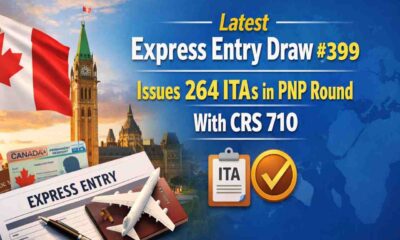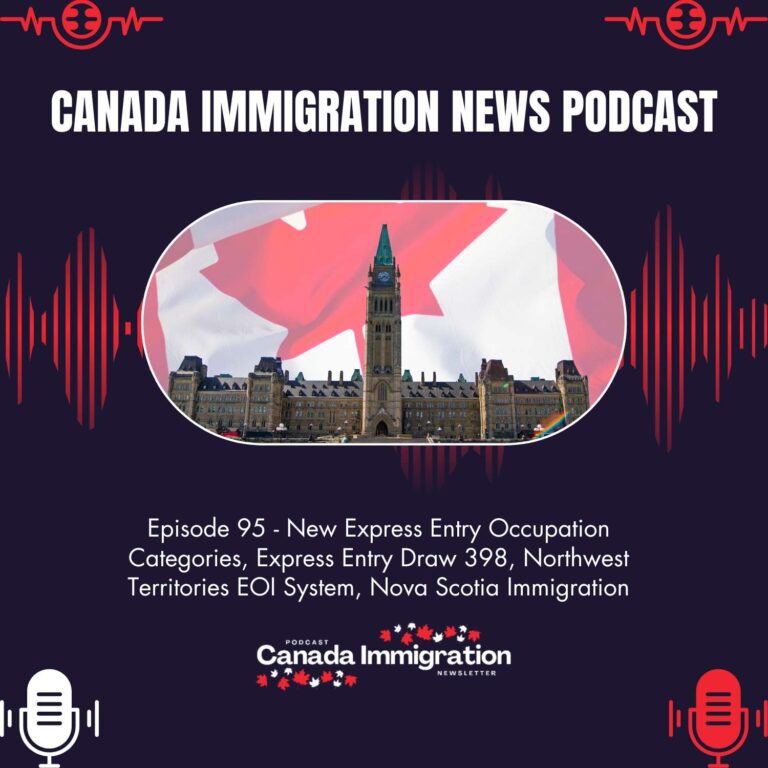Immigration Announcement
U.S. Funding Bias Sparks Alarm, Canada Must Support Independent Research Now

Canadian researchers applying for U.S.-based funding are now facing unexpected and controversial screening questions—ones that many believe are politically motivated. Questions about whether their projects include themes like climate change, diversity, or gender equity are raising red flags among academics.
These new forms appear to stem from executive orders linked to former U.S. President Donald Trump, aimed at slashing support for research that includes so-called “DEI” (Diversity, Equity, and Inclusion) themes or environmental justice elements.
One question even asks if a project “defends women from gender ideology,” leaving many Canadian scholars confused and concerned about their work being subjected to ideological vetting.
Why This Matters for Canada’s Research Landscape
The questionnaire isn’t just frustrating—it’s threatening. The Canadian Association of University Teachers (CAUT), which represents over 125 institutions and 72,000 staff, says such screening could have a chilling effect.
Canadian researchers in sectors like health, agriculture, and climate science rely heavily on international funding. For example, the U.S. National Institutes of Health invested nearly $57 million in Canadian-led projects last year. Now, that support seems uncertain—especially for projects that touch on climate or social equity themes.
Peter McInnis, CAUT President, notes researchers are in a bind:
- Tell the truth and risk disqualification
- Stay silent and risk credibility or rejection
The real fear? Funding could now depend more on political alignment than scientific merit.
Canada’s Opportunity in a Shifting Global Climate
While this development brings undeniable risks, experts believe Canada has a window to act strategically. Gabriel Miller, President of Universities Canada, emphasizes that this could be the right moment for Canada to attract global talent.
Recent examples back that up. Yale professor Jason Stanley, a vocal critic of Trump’s academic policies, just joined the University of Toronto. If this trend continues, Canada could become a new hub for world-class academic talent.
To seize this chance, experts recommend:
- Fast-tracking visas for researchers
- Increasing public funding for science and academia
- Strengthening collaboration between Canadian universities and global institutions
Canada Must Shield Its Scholars from Politicized Funding
This growing bias in U.S. funding decisions should push Canada to reaffirm its support for open, unbiased research. To remain a leader in innovation and global collaboration, Canada must protect its researchers from ideological interference and invest in its own academic future.
If properly handled, this moment could help elevate Canada’s reputation for academic integrity, positioning it as a global haven for evidence-based research—free from political influence. For more updates on policies impacting Canadian researchers, follow Canada Immigration News and latest insights.























